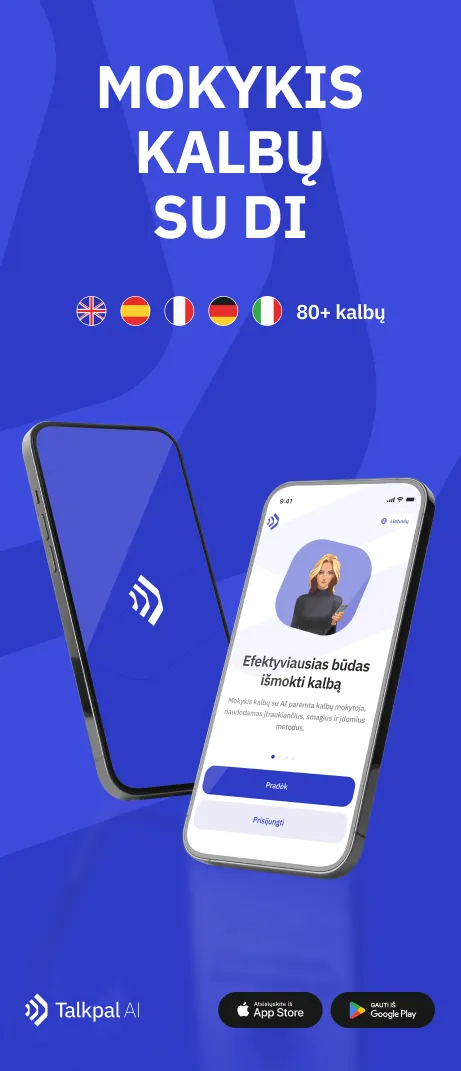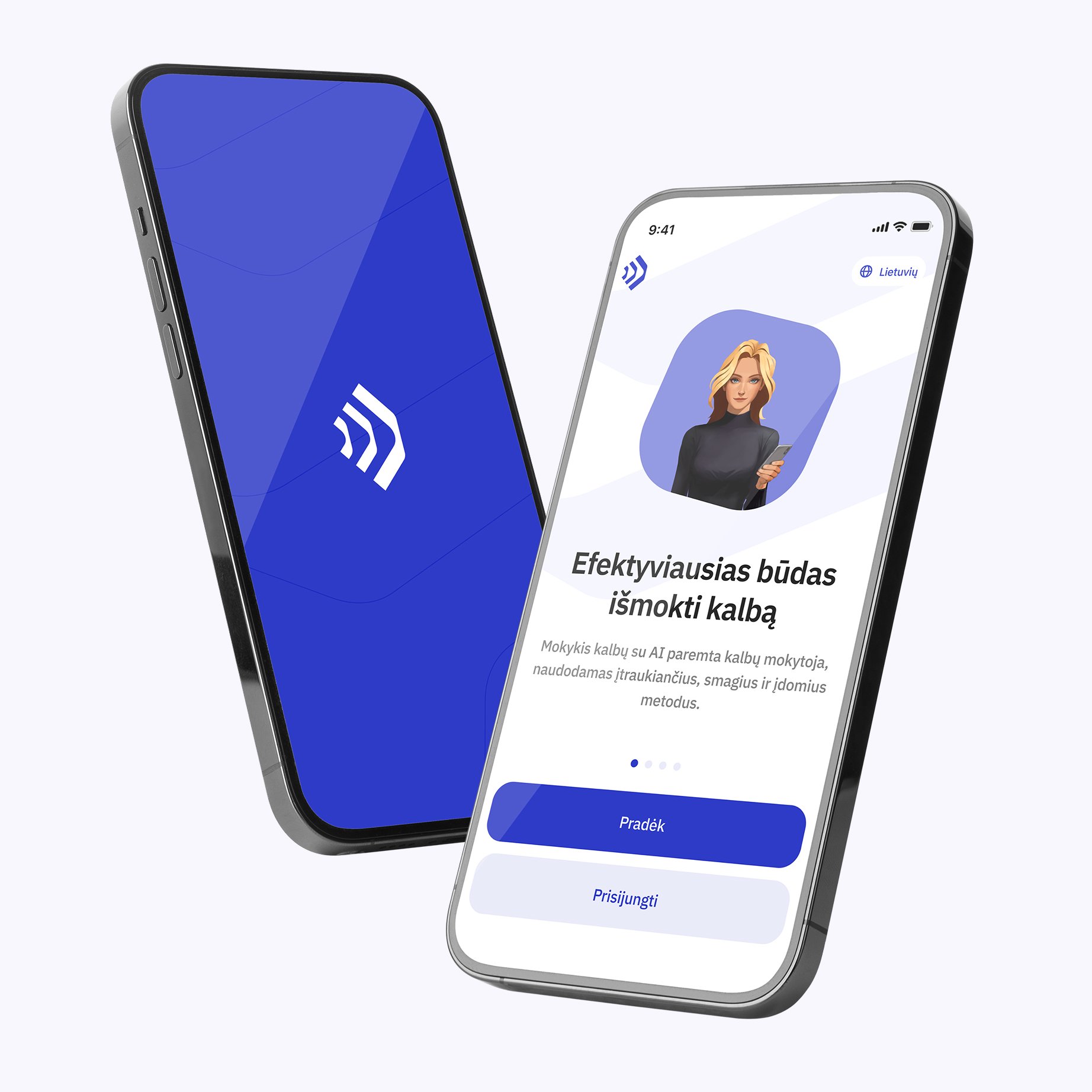Statyvinių veiksmažodžių pratimai – Paprastas būtojo laikas (Past Simple)
2. She *had* a big dog when she was a child. (Hint: „have” praeities forma, kai kalbame apie nuosavybę)
3. They *knew* the answer to the question. (Hint: „know” praeities forma, reiškianti žinojimą)
4. He *liked* the movie very much. (Hint: „like” praeities forma, reiškianti patikimą)
5. We *were* tired after the long trip. (Hint: „be” veiksmažodžio praeities forma, daugiskaita)
6. I *had* no idea what to do next. (Hint: „have” praeities forma, kai kalbame apie turėjimą)
7. You *knew* her from school. (Hint: „know” praeities forma)
8. She *was* very happy yesterday. (Hint: „be” praeities forma, vienaskaita)
9. They *liked* the food at the restaurant. (Hint: „like” praeities forma)
10. We *had* a lot of fun at the party. (Hint: „have” praeities forma, nuosavybė arba patirtis)
Statyvinių veiksmažodžių pratimai – Esamojo laiko paprastas (Present Simple)
2. She *has* two brothers. (Hint: „have” esamojo laiko trečias asmuo vienaskaita)
3. They *know* the city well. (Hint: „know” esamojo laiko daugiskaita)
4. He *likes* chocolate ice cream. (Hint: „like” esamojo laiko trečias asmuo vienaskaita)
5. We *are* friends. (Hint: „be” veiksmažodis esamojo laiko daugiskaita)
6. You *have* a nice car. (Hint: „have” esamojo laiko antras asmuo)
7. She *knows* many people here. (Hint: „know” esamojo laiko trečias asmuo vienaskaita)
8. I *like* reading books. (Hint: „like” esamojo laiko pirmas asmuo)
9. They *are* very kind. (Hint: „be” veiksmažodis esamojo laiko daugiskaita)
10. He *has* a new phone. (Hint: „have” esamojo laiko trečias asmuo vienaskaita)










